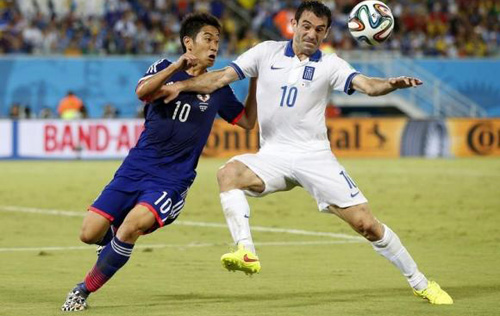
As though this daily affliction were not bad enough, the country is in the throes of endless violence and bloodletting. This has now taken diverse forms, including, but not limited to, the situation in Balochistan and in fact the country as a whole. To illustrate this, an attack on a Coast Guards check post near Gwadar resulted in the deaths of eight personnel and the wounding of three. The surprise attack caught the Coast Guards unawares and unable to retaliate.
The attackers got away with all the arms and ammunition of the Guards in classic guerrilla fashion. Later, the Baloch Liberation Font claimed responsibility, one of a slate of nationalist guerrilla groups operating in resistance to the prevalent kill and dump and military operations policy in the province led by the Frontier Corps and intelligence agencies with the backing of the regular military.
Balochistan’s troubles are added to by the sectarian campaign of killings of the Hazara Shias and the attacks against anti-terrorist parties such as the ANP, whose rally and protest in the province were bloodied recently. But to single out Balochistan would not be just, since the rest of the country, and particularly the northwestern reaches, are not much better off. The military’s attempts to create and support tribal lashkars (militias) to help it in its fight against the Pakistani Taliban has invited retaliatory attacks on these lashkars, two examples of which were in evidence in Orakzai/Kurram and Upper Dir the other day.
To remind oneself that these are largely self-inflicted wounds will bring little comfort unless it is followed up by visionary leadership and steps to rescue the country from the quagmire it is trapped in. The terrorism that has the country in its grip is the unintended consequence of nurturing, supporting and giving their head to fanatics and extremists over decades, which claim to conduct their murder and mayhem in the name of religion.
Balochistan is an old and simmering problem dating back to independence. Unfortunately, the initial rejection of the forcible annexation of the province to Pakistan in 1948 has been followed ever since with a harsh attitude of trying to suppress nationalist sentiment through force. Far from achieving the objective of silencing nationalist voices, the policy of violent repression has only exacerbated and made permanent the confrontation between the state and the Baloch. The tragedies inflicted on the country over long years by narrow interpretations of what is in the best interests of the country (and the region) have brought us to this sorry pass, where Pakistan is considered worldwide as the epicentre of terrorism and a state not to be trusted.
The path of proxy wars and confrontation with neighbours, while attempting to resolve internal political problems such as Balochistan through force has landed the country in a cul de sac from which escape is only possible if a realistic review is undertaken across the board of the costs and benefits of the present path and alternative ones.
One thing is certain. If Pakistan does not mend its direction and seek ways and means of resolving external and internal problems of long standing that are in harmony with the current international trends, not only is its economy threatened with meltdown, the vey fabric of state and society may well unravel. Anarchy and breakdown may follow. There is still time to revisit the policy of projecting strategic and foreign policy goals through armed proxies and the blind adherence to the use of force to resolve political issues internally.
But the window of opportunity for correction will not remain open indefinitely. If it snaps shut, Pakistan will be in even deeper trouble than presently. Will our civilian and military leadership wake up to the serious threats to the country’s solidarity and well being and take appropriate steps? That is the million dollar question.-Dailytimes












